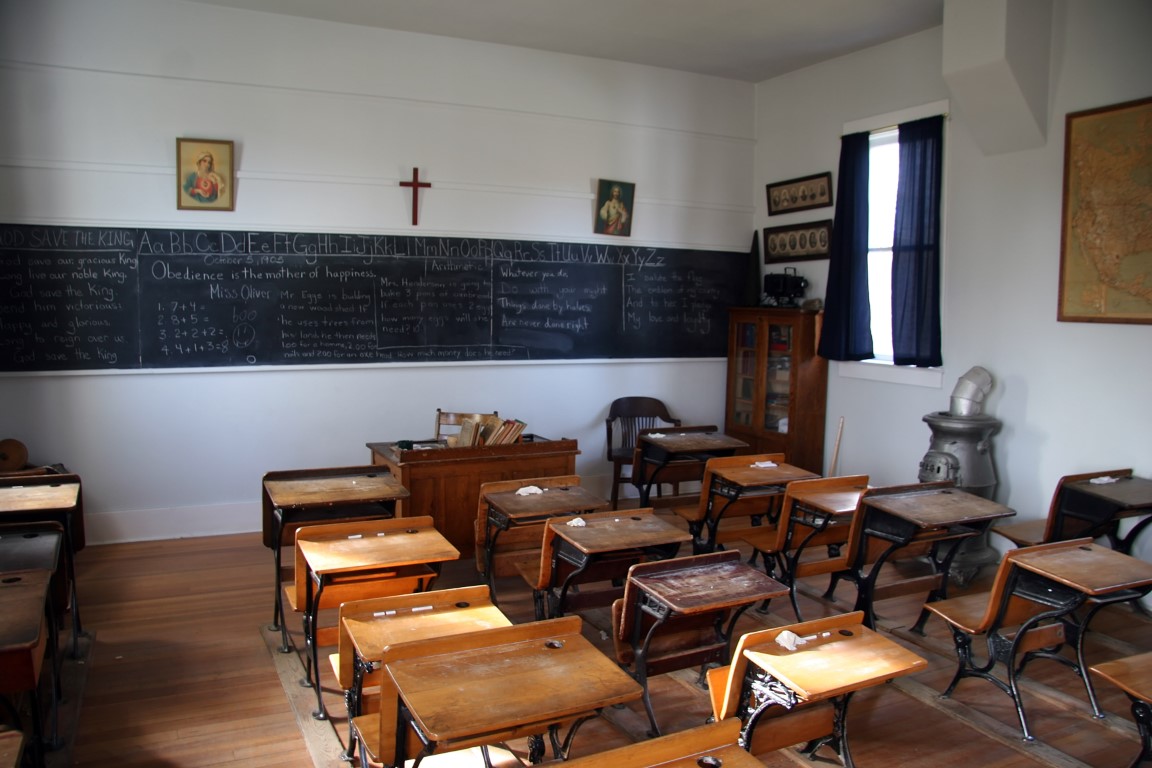DO MUSLIM SCHOOLCHILDREN HAVE A RIGHT TO GET ADMITTED TO A PUBLIC CONFESSIONAL SCHOOL?
Summarized: Non-denomination children are only to be admitted to public denominational school in exceptional cases when no other school in reasonable proximity is prepared to accept them the child declares its unreserved agreement with getting educated in the respective denomination.
Public confessional schools which are financed entirely by the state are rarely found today. Apart from North Rhine-Westphalia (Sections 26 onwards of the North Rhine-Westphalia School Act), these schools are only found in Lower Saxony (Sections 129 onwards Lower Saxony School Act).
Denominational schools enjoy a special status and are primarily aimed at children of the respective denomination. In North Rhine-Westphalia, confessional schools even have constitutional status. According to Article 12 (3) 2 of the North Rhine-Westphalia state constitution, children are taught and educated at these schools according to the principles of the respective confession. This is to ensure a certain homogeneity among the pupils and teachers.1
Religious education is not only an ordinary subject at these schools but forms an elementary core, and thus incidentally, the identity of the school. The aim is to ensure a trouble-free education without the risk of legal disputes. Children from other denominations are therefore only to be admitted in exceptional cases if no other school in reasonable proximity is prepared to accept them and the child declares unreservedly that it is in agreement with the educational practices of the respective denomination. If the child does not agree, the school does not have to accept the child.2 According to Section 12 (3) 2 of the Pupil Travel Costs Ordinance (Schülerfahrtkostenverordnung) of North Rhine-Westphalia, a journey to school of no more than one hour in total is reasonable for primary school pupils.
According to the Federal Constitutional Court, this position is not constitutionally objectionable. After all, the legislature itself assumes, in Article 7(3) and Article 7(5) of the Basic Law, that confessional schools can be established in addition to public elementary schools.3 The Court concludes from this that the regional legislature with its freedom of design, could in principle freely choose the forms of schools it wishes to allow.4 This would give the states the opportunity to react to the different circumstances and requirements of their populace. Depending on which denomination the people belong to and how strongly they are religiously rooted, the countries can then decide which form of school will ultimately be set up in their state.5
1 Higher Regional Court for the Land of North Rhine Westphalia, decision from 21.03.2016, 19 B 996/15, margin 30.
2 Federal Administrative Court, decision from 22.03.2017, Az. 6 B 66.16.
3 Federal Constitutional Court, decision from 08.09.2017, 1 BvR 984/17, margin 23.
4 Federal Constitutional Court (BVerfG), decision from 17.12.1975, 1 BvR 63/68, NJW 1976, page 947.
5 Maunz/Dürig/Badura, 82. update Jan. 2018, Art. 7 margin 50.

